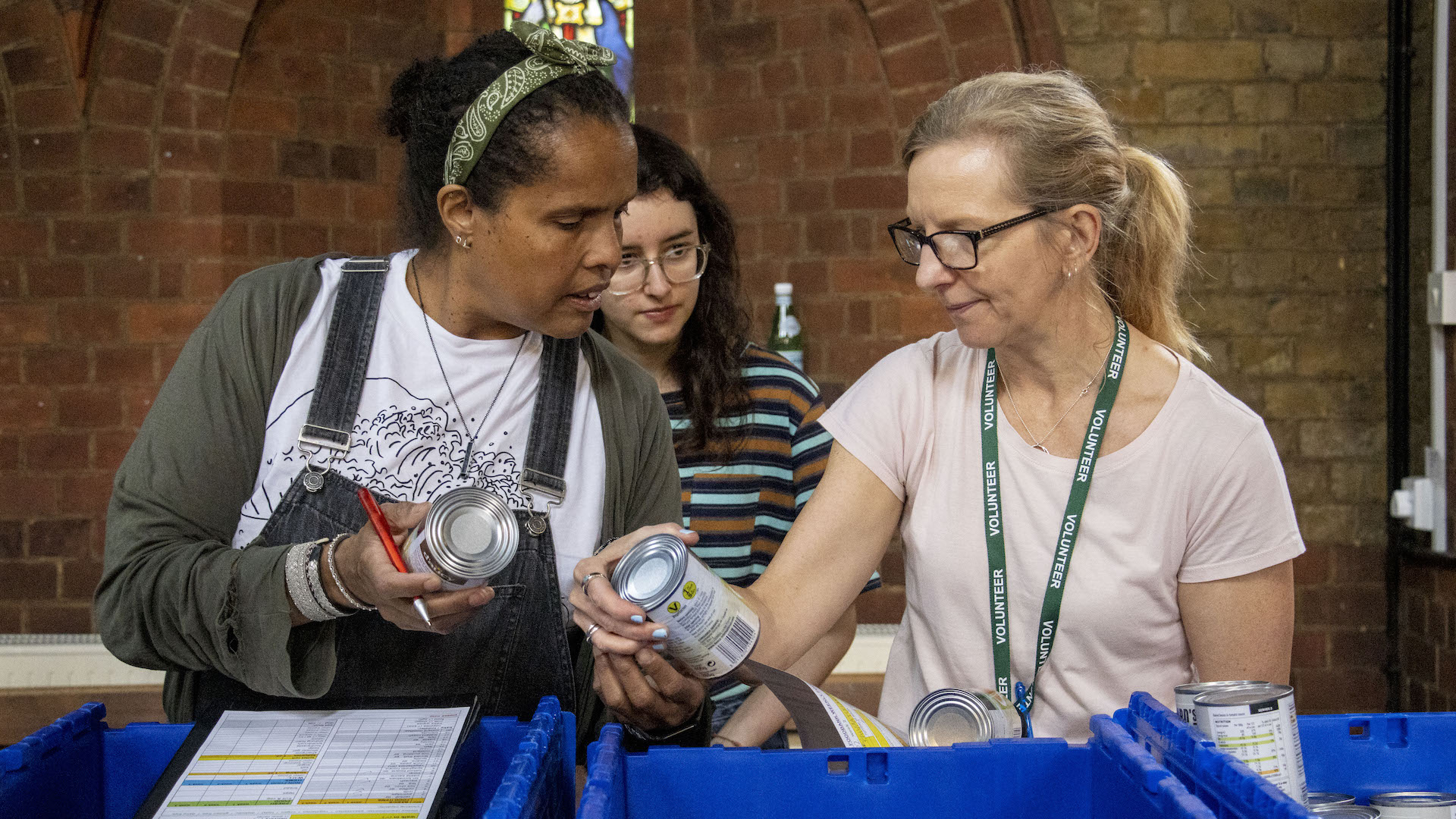We’re midway through August and the demand for food aid continues to rise at a worrying pace. New referrals are consistently high at food banks across the country, including ours.
This week our new guests include: a single parent who can’t afford the daily packed lunch he needs to provide for his child’s school holiday camp; an 80-year old who can no longer see out the month on his pension; two Ukrainian refugee families; a working father of four; and a 52-year old cancer patient, struggling with aggressive treatment, but declared fit to work by the DWP and therefore not receiving benefits.
And as well as these new guests, we’re seeing the return of so many previous guests – some of whom we haven’t seen for years. Many tell us that they’ve been trying to do without the food bank.
“I’ve tried for as long as possible to stick it out. I didn’t want to come back, but we’ve reached rock bottom” says Amara, a guest we’d last seen at the beginning of the pandemic.
This level of demand at this time of year is particularly concerning. We would usually expect numbers to go up in September after a summer lull. But, this year, there has been no lull, just a steady increase. And other IFAN independent food banks are telling a similar story.
This increasing need also requires us to change the way we operate. We used to have one volunteer allocated to filling out new registration forms, but we now have so many arrivals in one session that we’re training up other volunteers to welcome new guests. It’s vital that the registration interview is an un-rushed, kind conversation. Finding out what additional support may be needed and directing people to relevant agencies is more important than providing an emergency food parcel. An emergency supply of food does not resolve financial crisis and can only act as a temporary sticking plaster. Finding a way to increase a guest’s income can make a long-term difference.









